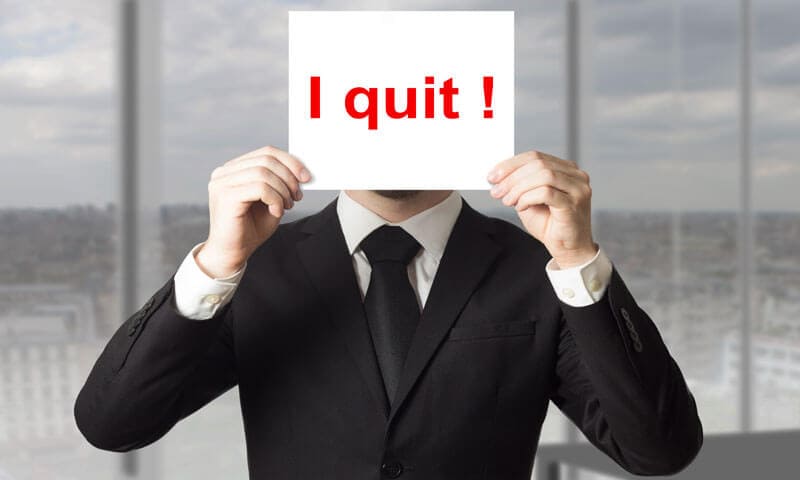Summary: After receiving pressure from investors, Uber’s CEO and founder Travis Kalanick stepped down from the company on Tuesday night.
Late Tuesday night, Uber CEO Travis Kalanick announced he resigned from the ride-share company that he had created. Apparently, his investors had driven the controversial entrepreneur away.
A week ago, Kalanick stepped down as CEO on a temporary basis to mourn the death of his mother. While on leave, his investors pressured the troubled executive to stay gone for good as CEO, but he will be allowed to stay on the board of directors.
“Travis has always put Uber first,” the investors said in a statement. “This is a bold decision and a sign of his devotion and love for Uber. By stepping away, he’s taking the time to heal from his personal tragedy while giving the company room to fully embrace this new chapter in Uber’s history. We look forward to continuing to serve with him on the board.”
Kalanick said that he “never thought” he would exit Uber’s leadership, and he released a statement saying how much he loved the company that he had built.
“I never thought I would be writing this,” Kalanick said. “As you all know, I love Uber more than anything in the world, but at this difficult moment in my personal life, I have accepted a group of investors’ request to step aside, so that Uber can go back to building rather than be distracted with another fight. I will continue to serve on the board, and will be available in any and all ways to help Uber become everything we’ve dreamed it would be.”
Kalanick was a controversial leader. Although he was able to grow the company and reach his goal of disrupting the taxi industry, Uber was plagued with lawsuits, hit with accusations of discrimination, and driven by a public image that reflected Kalanick’s personality–arrogant, innovative, and bold. As of today, Uber’s CEO, chief operating officer, general counsel, senior vice president of engineering, chief marketing officer, and board chair positions remain empty after numerous top brass exited the company because of internal conflict.
The corporate strife included sexual harassment problems; and in the field, drivers felt that they were cheated on pay and due benefits as if they were employees. Uber had said they were working on fixing these problems, and recently, they introduced new initiatives such as allowing passengers to tip.
However, legal experts wonder if the exit of Kalanick may lead to the end of the $70 billion company. Associate Professor at Harvard Business School, Benjamin Edelman, said that Uber cannot be fixed and that it is time for regulators to shut it down.
“I suggest that the problem at Uber goes beyond a culture created by toxic leadership,” Edelman wrote in Harvard Business Review. “The company’s cultural dysfunction, it seems to me, stems from the very nature of the company’s competitive advantage: Uber’s business model is predicated on lawbreaking. And having grown through intentional illegality, Uber can’t easily pivot toward following the rules.”
Edelman said that Uber was able to undercut the taxi industry because its drivers avoided regulations such as “commercial insurance, commercial registration, commercial plates, special driver’s licenses, background checks, rigorous commercial vehicle inspections, and countless other expenses.” Without these burdens, Uber drivers were able to offer passengers cheaper fares, and the service exploded in popularity. However, it was still based upon illegality, and as Uber continues to grow, it can no longer operate guerrila-style and will thus fail.
“What’s more, Uber’s most distinctive capabilities focused on defending its illegality. Uber built up staff, procedures, and software systems whose purpose was to enable and mobilize passengers and drivers to lobby regulators and legislators — creating political disaster for anyone who questioned Uber’s approach,” Edelman continued. “The company’s phalanx of attorneys brought arguments perfected from prior disputes, whereas each jurisdiction approached Uber independently and from a blank slate, usually with a modest litigation team. Uber publicists presented the company as the epitome of innovation, styling critics as incumbent puppets stuck in the past.”
It is unclear what will happen to Uber without its fearless leader, but considering its prevalence, we will all soon find out.
- Perkins Coie Releases Uber Management Investigation Results
- Uber Retains Covington & Burling Partners to Conduct Internal Review
- Uber Can’t Seem to Escape Negative Attention
- Uber Sued for Allegedly Overcharging Riders
Photo courtesy of Time

















































